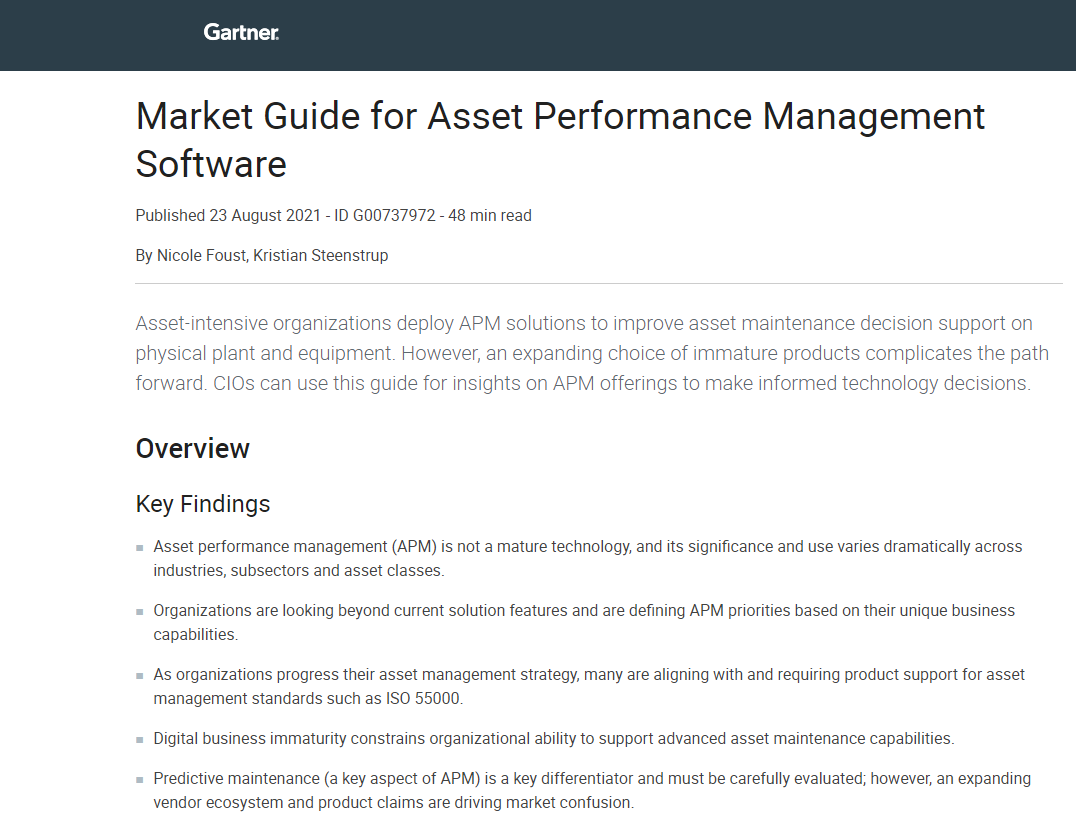Will legacy IT systems be the undoing of the banking sector?
Is a reliance on outdated IT concepts affecting confidence in the UK's banking sector? Rene Millman investigates...


These systems have grown over the decades and each time a new one is put in the bank's IT infrastructure it has to be integrated with the others. Soon enough this becomes a maze of systems complicated enough to make the upkeep and maintenance an exceedingly difficult task.
The main problem is that these legacy systems are essential to the continued running of the banks. One anonymous developer working at a London-based North American bank says that nobody really wants to get rid of old systems as the gamble of changing them is too great.
"Even here there is another system that has meant to be retired for ages which is a front office system. I would say it will still be going in five year's time, because these systems are so heavily relied upon that to retire them is just such a big job," she says.
"A back office system is even worse because that's got every single settlement. And if that goes wrong, that is the worse thing ever as that is our system of records. It too much of a risk."
These systems are so heavily relied upon, that to retire them is too big a job.
Tom Bell, head of operation at Viewsy, used to work as an IT strategy and transformation consultant for Accenture dealing with various banks.
He agrees that banks have old and out-dated processes.
"The problems are just huge though. A few years back when I was still consulting with the banks, they still have all the old legacy systems running behind the scenes. It is such a complex problem to pick apart, it is not just a process issue, it is just expensive. And sometimes it is just easier to leave those systems running," he says.
Sign up today and you will receive a free copy of our Future Focus 2025 report - the leading guidance on AI, cybersecurity and other IT challenges as per 700+ senior executives
At a London-based European bank an IT director we talked to says that he thinks "all systems are potentially ticking time bombs in a way."
"It doesn't matter how old they are, if there are faults, breakdowns will occur. It's really the severity of the faults that are the problem," he says. "What legacy systems have going for them is that the code has been around for decades so a lot of the problems within that code has been sorted out."
The real problems start when you try to integrate these old systems with new ones, he adds. "This often happens when you have to deal with new rules and regulations."
For these systems, given their complexity and the core nature of them, change is gradual.
"There is one project going on to retire a system," says our IT developer. "All these retirement projects are really, really long term because it is so much work. They can't just do it in one big bang. They have to do it gradually."
Rene Millman is a freelance writer and broadcaster who covers cybersecurity, AI, IoT, and the cloud. He also works as a contributing analyst at GigaOm and has previously worked as an analyst for Gartner covering the infrastructure market. He has made numerous television appearances to give his views and expertise on technology trends and companies that affect and shape our lives. You can follow Rene Millman on Twitter.
-
 IDC: The business value of IBM Maximo
IDC: The business value of IBM MaximoWhitepaper Integral to the transformation of asset management
-
 How to choose APM software for your business
How to choose APM software for your businessWhitepaper A market guide to Asset Management Performance software
-
 Scandal-hit Toshiba to split into three companies
Scandal-hit Toshiba to split into three companiesNews The troubled Japanese giant aims to create more value for investors with "attractive" business separation
-
 Tektronix updates its asset management software
Tektronix updates its asset management softwareNews CalWeb gains four new capabilities surrounding test and measurement equipment calibration
-
 Oracle Utilities partners with Veracity and Triniti to streamline utilities’ digital transformation
Oracle Utilities partners with Veracity and Triniti to streamline utilities’ digital transformationNews The trio will join forces to enhance utilities’ critical infrastructure and processes
-
 The definitive guide to warehouse efficiency
The definitive guide to warehouse efficiencyWhitepaper Get your free guide to creating efficiencies in the warehouse
-
 Atera raises $77 million for its all-in-one SaaS
Atera raises $77 million for its all-in-one SaaSNews RMM by Atera helps MSPs monitor and manage remote IT networks with ease
-
 Rockwell and Kezzler join forces to enhance supply chain visibility
Rockwell and Kezzler join forces to enhance supply chain visibilityNews New track-and-trace platform helps manufacturers monitor their products' lifecycles


